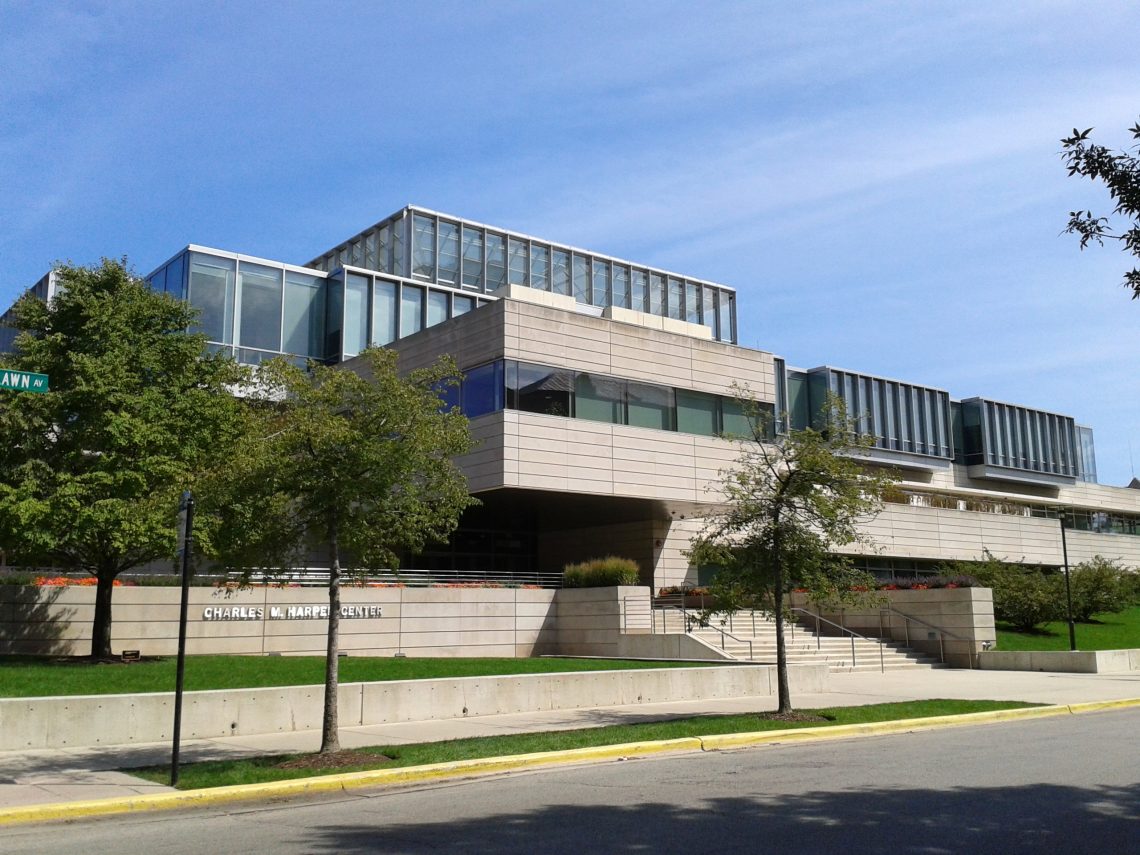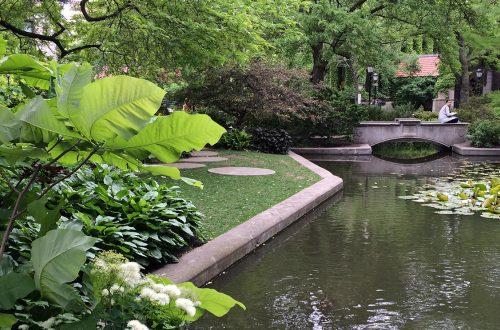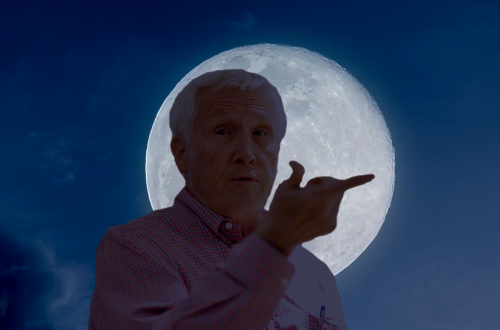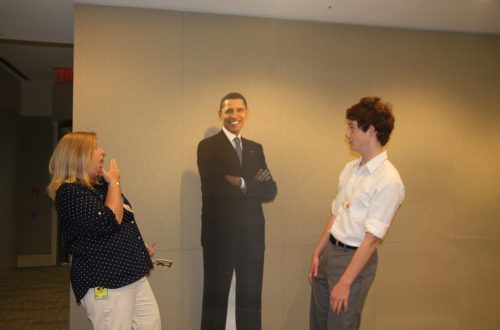
UChicago Booth School of Business Suggests University Impose Tariffs on International Students
In a bold and deeply theoretical move, the University of Chicago’s Booth School of Business has proposed that the University begin imposing tariffs on international students, citing “market efficiency,” “academic protectionism,” and “just seeing what happens, honestly.”
The recommendation, published in a 300-page working paper entitled “Invisible Hands, Visible Fees,” outlines a dynamic pricing model in which students from abroad would pay additional “access tariffs” to enroll in classes, attend lectures, and, in premium packages, sit within twenty feet of tenured professors.
“International students are, by every economic model, imported goods,” said Professor Ronald R. Greenthal, lead author of the study, while sipping a $14 campus coffee and adjusting his Patagonia vest. “And as we know from global trade theory, imported goods should be taxed to protect local industries–in this case, domestic students struggling to keep up with group projects.”
The paper argues that these tariffs would help balance what it calls an “academic trade deficit,” where international students allegedly “flood the campus with high GPAs, multilingual fluency, and an alarming number of internships,” leaving domestic students with only Philosophy minors and vague hopes of podcast stardom.
Critics, however, have been quick to pounce. “This is peak Booth,” said Dr. Alyssa Martinez, a political science professor and owner of three tote bags with the word “Coexist” on them. “Next they’ll propose surge pricing for office hours and dynamic demand curves for campus Wi-Fi.”
Despite the backlash, the administration appears intrigued. One anonymous source inside the Provost’s Office confirmed the University has already run simulations using past tuition data, average GPA differential, and how often a student uses phrases like “net marginal surplus” in casual conversation.
Student reactions have been mixed. “As an international student, I find this deeply offensive,” said Priya Nandakumar, a second-year MBA from India. “But as a Booth student, I must admit… the Laffer Curve checks out.”
First-year economics major Kyle “K-Money” Thompson expressed his support. “If we tariff the smart kids, maybe my curve will actually curve,” he said, before failing to explain what elasticity is for the fourth time.
The University has yet to officially respond, though sources say the Board of Trustees is “actively pricing out tariff consultants,” and “just delighted someone finally found a way to monetize campus diversity.”





